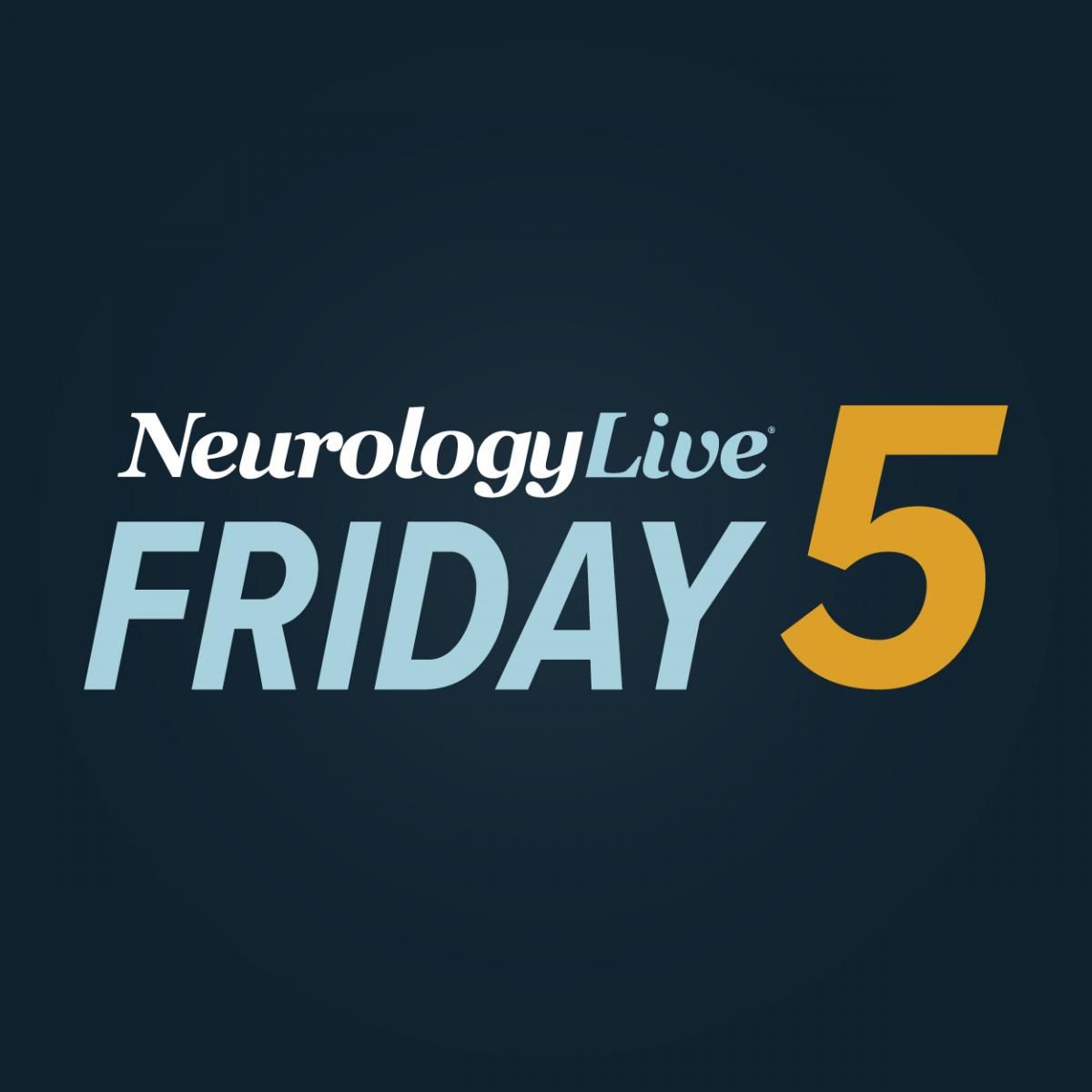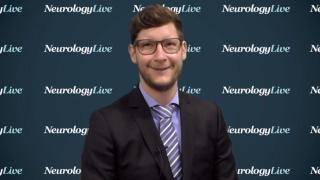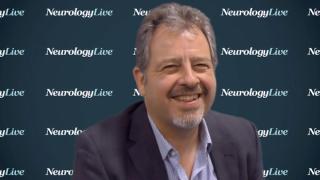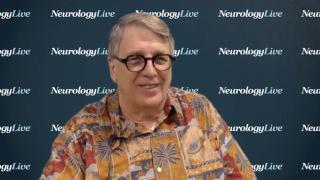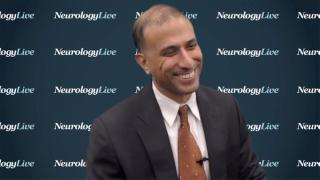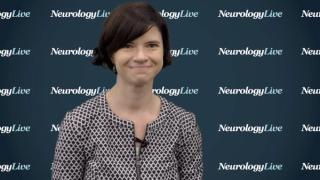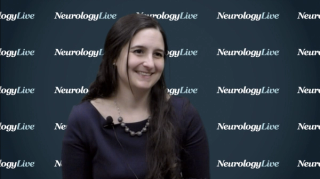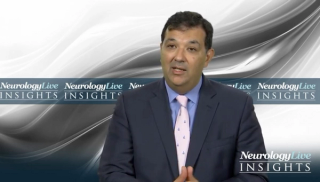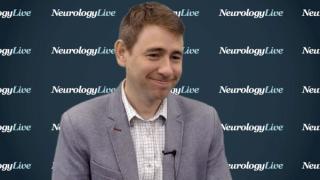
Dementia and Alzheimer Disease
Latest News
Latest Videos

CME Content
More News
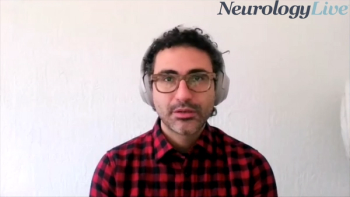
The Evelyn F. McKnight Neurocognitive Scholar at the University of Miami Miller School of Medicine provided thoughts on why cognitive care and sleep disorder care should crossover more often.

Researchers found that time between assessments was the only predictor of PACC score differences.

Earlier AD diagnosis with the AlzoSure assay could potentially make it feasible to initiate disease-modifying therapies much earlier in the disease process.

The Cassava Sciences agent showed 6-month improvements in both ADAS-Cog and NPI scores, and a phase 3 trial is expected to begin in late 2021.

The results suggest that BACE-1 inhibitors, while a promising option to slow progression of Alzheimer disease, require further study with careful safety monitoring.

Here's what is coming soon to NeurologyLive.

Neurology News Network for the week ending January 30, 2021.

Take 5 minutes to catch up on NeurologyLive's highlights from the week ending January 29, 2021.

The investigational agent developed by Biogen and Eisai is now expected to receive regulatory review by June 7, 2021.

Biohaven executives remain optimistic about the slight but insignificant improvement observed in those with mild AD.

Researchers developed and trained a random forest classifier that resulted in high precision and accuracy as a screening tool for those with mild cognitive impairment.
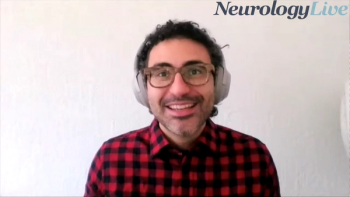
The Evelyn F. McKnight Neurocognitive Scholar at the University of Miami Miller School of Medicine provided background on a recently completed study correlating sleep and cognitive decline.

Here's what is coming soon to NeurologyLive.

The chief medical officer at SanBio discussed how the investigational agent SB623 can fill the void of disease-modifying therapies for TBI.

Neurology News Network for the week ending January 23, 2021.

Take 5 minutes to catch up on NeurologyLive's highlights from the week ending January 22, 2021.

The asymmetry of mediotemporal atrophy and a lesser impact of APOE4 and TDP-43 on the integrity of memory circuitry may have constituted preservation in primary progressive aphasia.

The associate professor at Hokkaido University and investigator of STEMTRA also discussed other efforts in stroke, Alzheimer disease, and Parkinson disease.

Hippocampal-sparing and limbic-predominant atrophy were also associated with incident dementia, with faster cognitive decline in the limbic predominant atrophy group.

The Evelyn F. McKnight Neurocognitive Scholar at the University of Miami Miller School of Medicine detailed his study on the correlations between sleep and cognitive decline in middle-aged Hispanics.

New technology enables the collection and analysis of speech behaviors, but this requires an extensive database, which the ADDF seeks to help develop.

New NIH-funded study tests home-based intervention in high-risk group.

Having a blood test available could help eliminate wait time in the emergency room and could reduce the number of unnecessary CT scans by up to 40%, according to Abbott, the test’s developer.

Here's what is coming soon to NeurologyLive.

Maha Radhakrishnan, MD, the Group SVP and chief medical officer at Biogen, discussed the collaborative study between Biogen and Apple that’s expected to kick off later this year.




